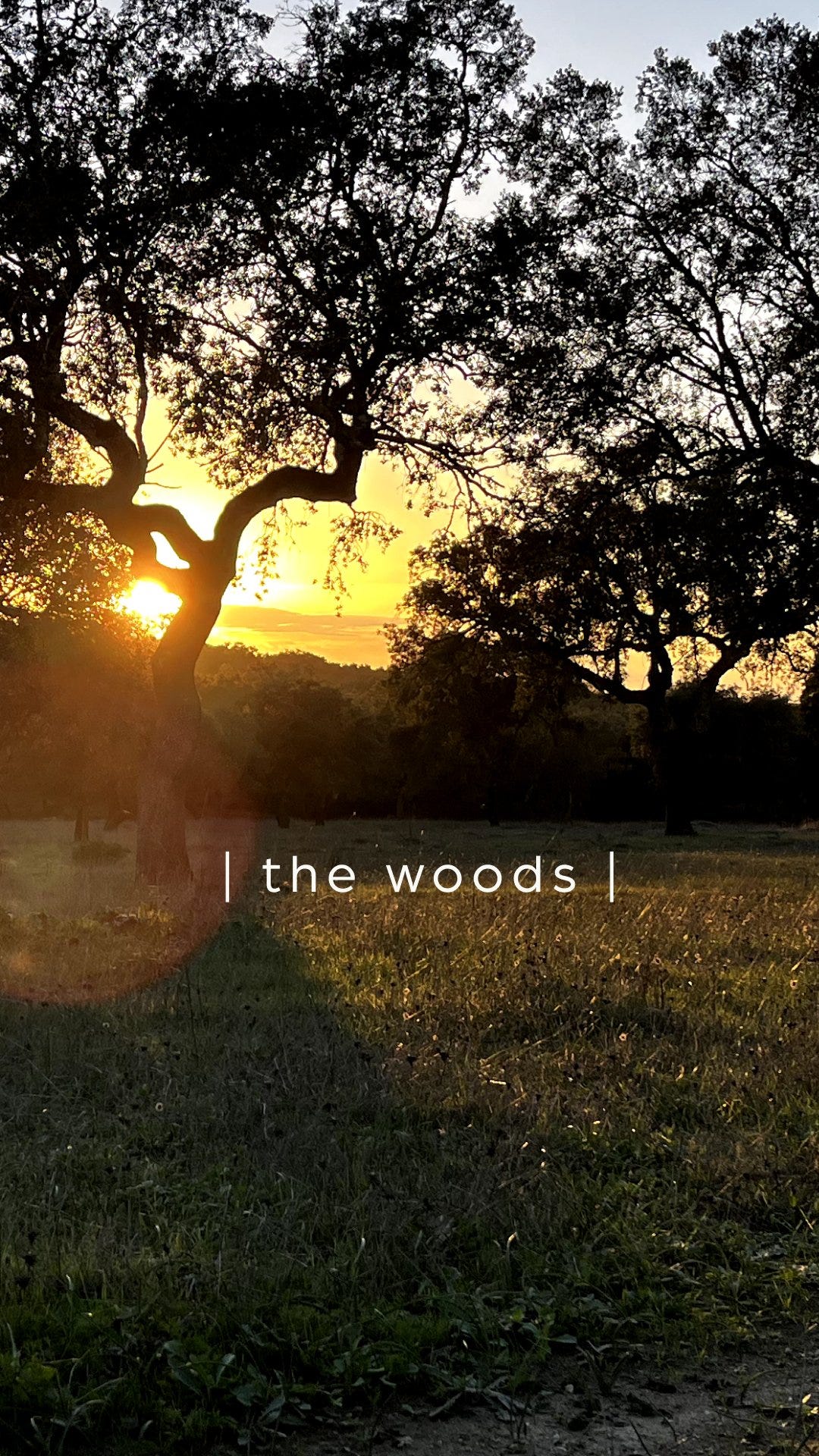The restorative practice of deep listening
How tuning into the sounds of nature can effect a sense of calm
It’s nice to be back. It was also fabulous to take a break, at least from the weekly editorial. I’ve been planting out the garden, hunkering down amidst the winds which howl through the desert every spring, and practicing deep listening.
The opportunities for deep listening are all around us. Nourishing conversations with friends, the chopping and sizzle of cooking dinner, a meowing cat, the ruckus of laughter or traffic. My time in the garden is a way of being, as satisfying as listening to the dreamy ballads of Beck or Bonnie Raitt. Like an eager devotee, I gladly tune into the sounds of nature for it slows time and cleanses the mind.
What is deep listening
I find that listening, specifically to nature, is one of the most restorative practices to cultivate a sense of spaciousness and flow. The moments when I can drop into a contemplative silence coupled with the satisfactory tasks of watering or digging in the soil are ones I relish. What was otherwise white noise becomes distinct, nuanced, and amplified.
Either with the rain tapping on the window or the call of the evening dove, I find that listening to nature is a way to welcome everything that is alive and well within me. It's no coincidence that those seeking spirit and solace have sought similar landscapes in which to reach a trance-like state of union and peace.
It is a practice however. The more and more I write, I find that how I listen directly affects my ability to organize everything that swirls around in my mind. The practice enhances my ability to receive as well as recall ideas and information. Each layer becomes more apparent than the next. Ultimately I feel my imagination crystallizing culminating in what I can only describe as presence.
Allowing the senses to rest
Today there is a great deal of noise. Ironically I find that it’s a reaction to or symptom of the growing inability to listen deeply. Or maybe a dis-ease with listening in general. Why would we want to? Perhaps it’s because the mind is in a constant scramble with everything that is bidding for its attention. Finding a clear point of focus can be challenging. We may, like with other things, label listening as another task for which there isn’t enough time. A quick reaction, consumed in haste, with a rapid turn around is the opposite of deep listening.
Deep listening is a way to remain curious, open to wonder, and deeply connected with the world in which we live. I know for me it’s in this process of slowing down that I’m able to notice whether or not I’m feeling balanced, in rhythm and aligned. With deep listening we may plant a different sense of time and perhaps experience the imagination swirl, take root, and expand. There is more than enough time. We are masters of it. We are the source of where time comes. Time and space expand with listening. And so does our attention and capacity for patience.
Listening is also a welcome reprieve for my other senses, especially my eyes. Sometimes they feel that they’re being pulled out of the sockets in which they rest. Totally overused by the unnatural lifestyle of sitting in front of a computer, a remedy for the eyes is being able to stretch a different sensorial muscle. The practice of deep listening is powerful because it allows one component of the body to rest while enhancing another.
Tuning into your superpower
I think this is why I often find myself in silence, the point of origin for tuning into soundscapes. My ears tune into city noises, birdsong, the drone of a hummingbird in flight, the groans of this house, the wind in the trees…What sound is your favorite? The landscape, which offers so much, is unconditionally accessible. Regardless of whether it’s the hum of the earth’s elements or pure silence, it’s the practice itself that fascinates me. For it’s a skill like none other and can be easily sharpened, giving way to what I can only describe as a kind of superpower.






